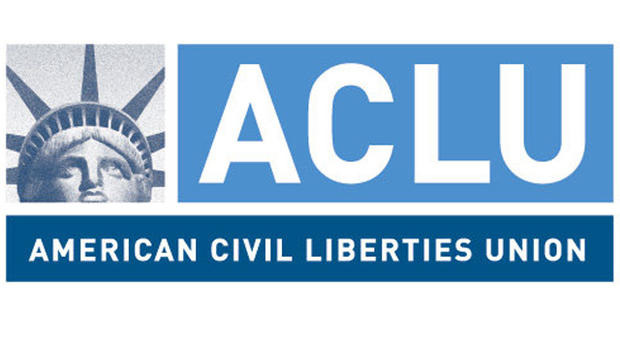The American Civil Liberties Union and two smaller pro-privacy organizations, Access Now and Wickr Foundation, have reportedly submitted amicus briefs supporting Apple in its refusal to help unlock the iPhone of San Bernardino shooter Syed Farook.
"Law enforcement may not commandeer innocent third parties into becoming its undercover agents, its spies, or its hackers," the ACLU said in a draft of its brief, according to Reuters. This would subvert both the privacy and security of Americans, the organization argued, echoing views expressed by Apple.
Access Now and Wickr Foundation filed a joint brief, warning that protection from data intrusion can be vital in some parts of the world.
"In some countries reliable security tools such as encryption can be the difference between life and death," the groups said. "The relief sought by the government endangers people globally who depend on robust digital security for their physical safety and wellbeing."
Major tech firms Google, Facebook, Microsoft, and Twitter are eventually expected to file their own amicus briefs. Salihin Kondoker, the husband of a San Bernardino survivor, filed his own amicus on Monday, suggesting that Farook's phone is unlikely to have any valuable data.
The FBI has asked that Apple build a tool to circumvent the passcode limit on Farook's phone, since the device is set to auto-erase its contents once that limit is hit. Apple has repeatedly claimed that this would undermine the security of all iOS devices, particularly since it would set a legal precedent in the U.S. and abroad.
On March 22, Magistrate Judge Sheri Pym is due to review her court order asking Apple to help the FBI. Apple is looking to vacate the order, and has contended that the U.S. Congress should decide if a company can be made to break security, not courts.
 Roger Fingas
Roger Fingas








 Chip Loder
Chip Loder
 Mike Wuerthele
Mike Wuerthele
 Malcolm Owen
Malcolm Owen

 Amber Neely
Amber Neely
 William Gallagher
William Gallagher



-m.jpg)






14 Comments
Well argued, that looks like an important contribution.
Exactly. If the FBI wants in, let them try. Don't force private entities to hack its own users.